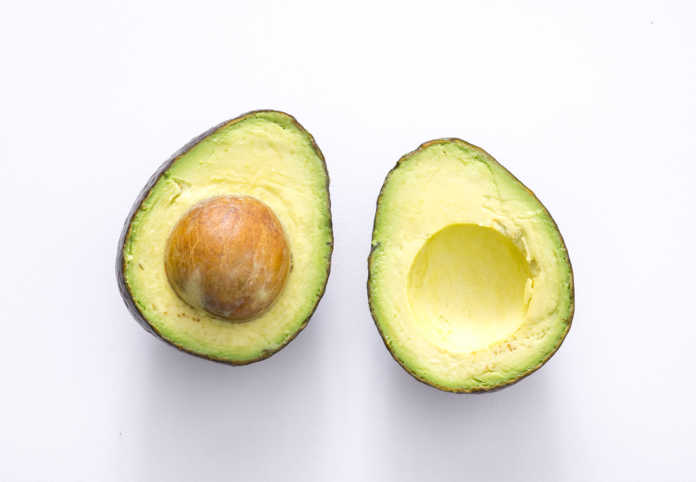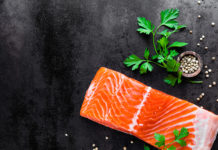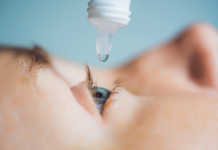
—by Toni-Marie Ippolito
Having problems with your cholesterol level? These foods can help you get into a healthier state.
When harmful LDL—that harmful cholesterol-carrying particle that contributes to artery-clogging atherosclerosis—creeps upward and protective HDL drifts downward largely because of diet and other lifestyle choices, your health may be at risk.
While genes can also play a role in how someone responds to food— some people are genetically programmed to respond more readily to what they eat — they aren’t something you can change. But one thing you can control is what you eat.
Different foods can help lower cholesterol in various ways. While some deliver soluble fiber, which binds cholesterol in the digestive system and pulls them out of the body before they get into circulation, others can provide you with polyunsaturated fats which helps lower LDL. You can also use supplements to help you get the fibre you need.
Here are some top foods that lower cholesterol you can add to your diet to help get you in a healthier state.
Oats. An easy first step to improving your cholesterol is having a bowl of oatmeal or cold oat-based cereal. A serving gives you one to two grams of soluble fibre. Nutrition guidelines recommend getting 20 to 35 grams of fiber a day, with at least 5 to 10 grams coming from soluble fiber.
Barley and other whole grains. Barley is touted for a reason. It packs a fiber punch which helps lower risk of heart disease. Try it in soups.
Beans. Beans are especially rich in soluble fiber. They also take a while for the body to digest, leaving you feeling full faster.
Eggplant and okra. These two low-calorie vegetables are good sources of soluble fiber.
Nuts. Many studies show that eating almonds, walnuts, peanuts, and other nuts are good for the heart. Eating 2 ounces of nuts a day can slightly lower LDL, and can be a great addition to your cholesterol-lowering food plan.
Vegetable oils. Using liquid vegetable oils such as canola, sunflower, safflower, in place butter, lard, or shortening when cooking can have a major effect on your lowering your levels.
Apples, grapes, strawberries, citrus fruits. These fruits are rich in pectin, a type of soluble fiber that lowers LDL.
Fatty fish. Eating fish two or three times a week can lower LDL in two ways: by replacing meat, which has LDL-boosting saturated fats, and by delivering LDL-lowering omega-3 fats. Or, by taking an Omega-3s supplement can reduce triglycerides in the bloodstream and can also protect the heart by helping prevent the onset of abnormal heart rhythms.
Avocados. Avocados are a potent source of nutrients as well as monounsaturated fatty acids. Research suggests that adding an avocado a day to a heart-healthy diet can help improve LDL cholesterol levels in people who are overweight or obese.
Red Yeast Rice. Red yeast rice extract is a form of fermented rice developed in China. Adding red yeast rice extract to your diet can help lower your cholesterol levels, which reduces your risk of cardiovascular disease.
Aged Garlic. Scientific studies show that aged garlic extract, which is rich in antioxidants, is more effective in boosting immunity, lowering cholesterol and protecting against cardiovascular disease, cancer, ageing, and drug toxicity.
Spinach and Broccoli. Spinach is loaded with fibre and lutein. According to studies, eating a half cup of spinach daily helps reduce LDL cholesterol levels as well as the risk of heart disease. Broccoli is another food that helps to lower level. It has soluble fiber that draws cholesterol out of your body. The dark green vegetable can be steamed, grilled or eaten raw.
Fiber and CoQ10 supplements. If you find it hard to get enough fibre from foods, fiber supplements can help boost your daily need. Two teaspoons a day of psyllium can provide about two to four grams of soluble fibre in one to two servings. Also, Coenzyme Q10 works as an antioxidant, increases your immune system and energy levels and may lower high blood pressure and your risk for heart disease and heart failure.













